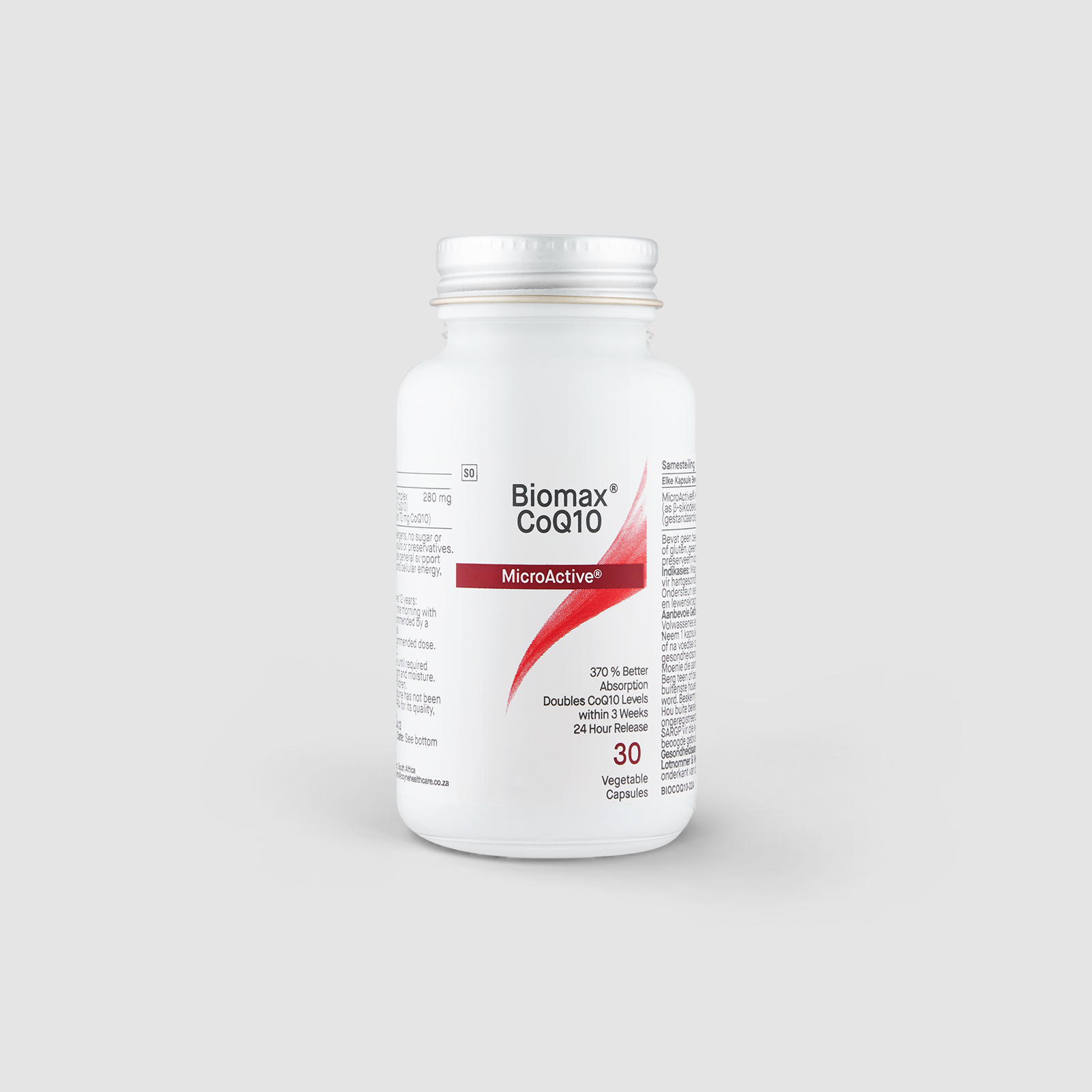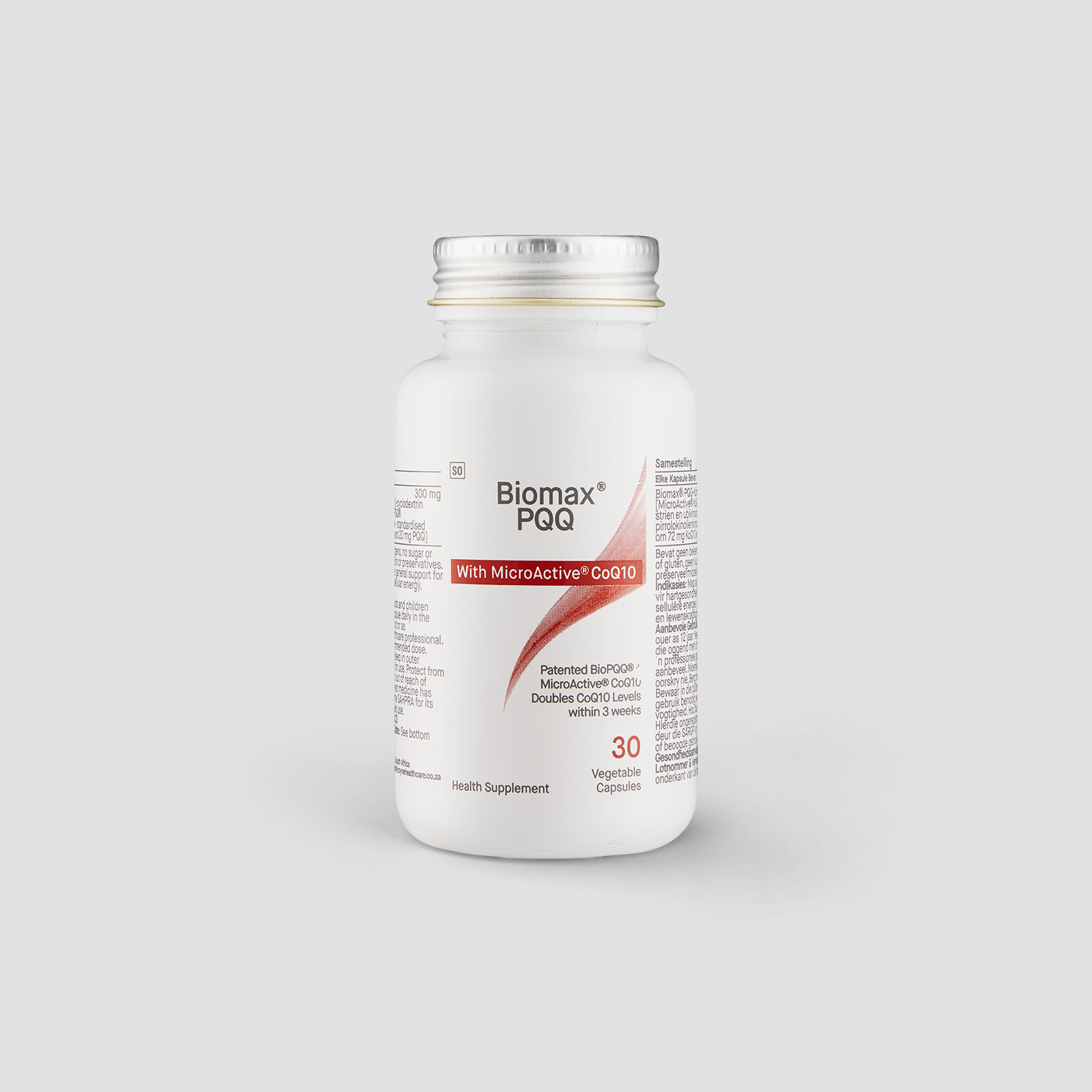| Bragin, V., Chemodanova, M., Dzhafarova, N., Bragin, I., Czerniawski, J. L., & Aliev, G. (2005). Integrated treatment approach improves cognitive function in demented and clinically depressed patients. American journal of Alzheimer’s disease and other dementias, 20(1), 21–26. DOI |
| Gamal, F., El Agami, O., & Salamah, A. (2022). Coenzyme Q10 in the Treatment of Attention Deficit Hyperactivity Disorder in Children: A Randomized Controlled Trial. CNS & neurological disorders drug targets, 21(8), 717–723. DOI |
| Ishrat, T., Khan, M. B., Hoda, M. N., Yousuf, S., Ahmad, M., Ansari, M. A., Ahmad, A. S., & Islam, F. (2006). Coenzyme Q10 modulates cognitive impairment against intracerebroventricular injection of streptozotocin in rats. Behavioural brain research, 171(1), 9–16. DOI |
| Kaikkonen, J., Tuomainen, T. P., Nyyssonen, K., & Salonen, J. T. (2002). Coenzyme Q10: absorption, antioxidative properties, determinants, and plasma levels. Free radical research, 36(4), 389–397. DOI |
| Karamali, M., & Gholizadeh, M. (2022). The effects of coenzyme Q10 supplementation on metabolic profiles and parameters of mental health in women with polycystic ovary syndrome. Gynecological endocrinology : the official journal of the International Society of Gynecological Endocrinology, 38(1), 45–49. DOI |
| Madhavi, D., & Kagan, D. (2010). A Study on the Bioavailability of a Novel Sustained Release Coenzyme Q10-β-Cyclodextrin Complex. Integrative Medicine, 9(1), 20–24. |
| Maiti, R., Mishra, A., Mishra, B. R., & Jena, M. (2021). Comparative efficacy of mitochondrial agents for bipolar disorder during depressive episodes: a network meta-analysis using frequentist and Bayesian approaches. Psychopharmacology, 238(12), 3347–3356. DOI |
| Schiavone, S., Jaquet, V., Trabace, L., & Krause, K. H. (2013). Severe life stress and oxidative stress in the brain: from animal models to human pathology. Antioxidants & redox signaling, 18(12), 1475–1490. DOI |
| Young, A. J., Johnson, S., Steffens, D. C., & Doraiswamy, P. M. (2007). Coenzyme Q10: a review of its promise as a neuroprotectant. CNS spectrums, 12(1), 62–68. DOI |
| Zhu, X. H., Qiao, H., Du, F., Xiong, Q., Liu, X., Zhang, X., Ugurbil, K., & Chen, W. (2012). Quantitative imaging of energy expenditure in human brain. NeuroImage, 60(4), 2107–2117. DOI |




